By: Syed Shayan
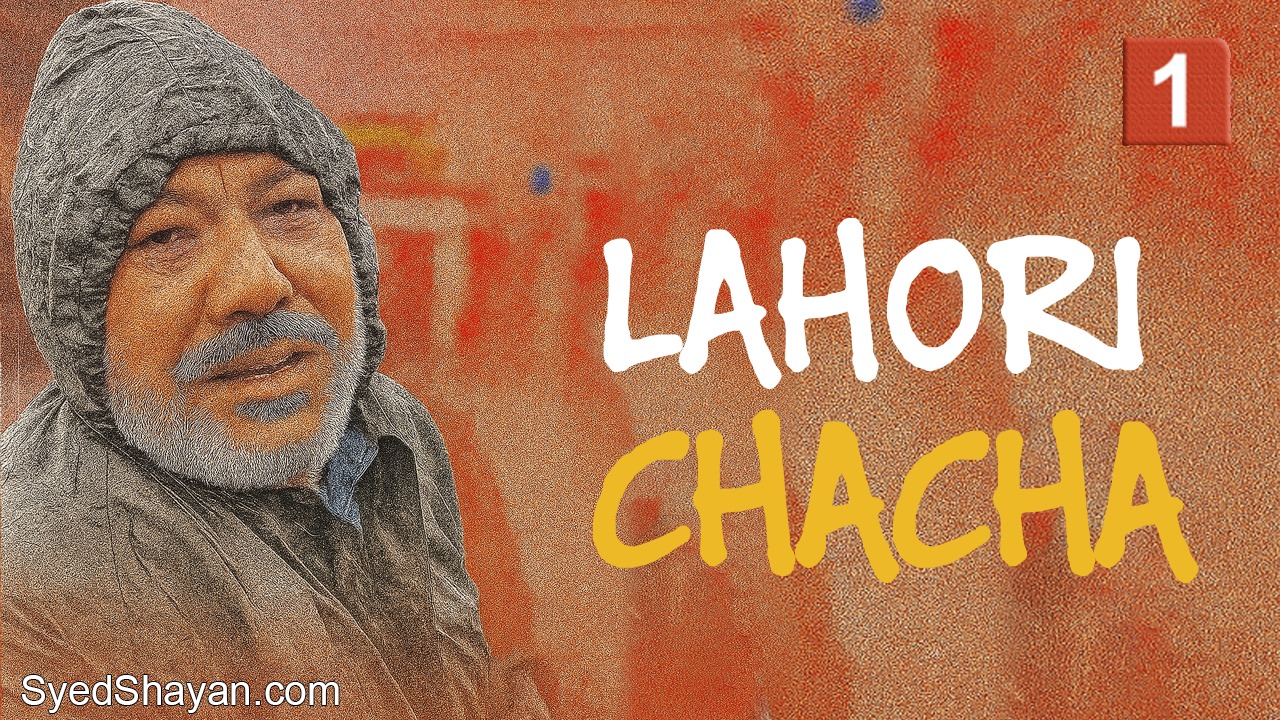
English Version Stats: 20 hr 13 min total reading time by 144 readers
[Urdu version metrics tracked separately]
Lahori Chacha (Part 1)
The Rise of a Reluctant Symbol
Wise leadership counters insults with reason, not force.
Lahori Chacha is no longer just a man; he has become a symbol, a mirror reflecting the struggles of countless ordinary citizens.
Punjab’s Inspector General of Police, Dr. Usman Anwar, once forgave a constable’s profanity. So, who ordered Lahori Chacha’s arrest?
▫The line between abuse and catharsis must be understood.
In Pakistan’s vibrant social media landscape, a figure known as Lahori Chacha has become a viral sensation.
Picture a working class man from Lahore, drenched in torrential rain, struggling to navigate his motorbike through knee deep floodwaters. His face betrays anguish. Despite his raincoat, his clothes cling to him, soaked. His voice, raw with desperation and defiance, lashes out at Punjab’s chief minister and the head of the armed forces with sharp, critical words.
Most people, in such distress, might suppress their anger or express it with restraint. Not this man. Unfamiliar with polished language or social niceties, he spoke his truth unfiltered. His blunt, quintessentially Lahori outburst was captured by a bystander filming the flooded street and quickly spread across social media.
The response should have been clear: condemn his inappropriate words and remind him that targeting the province’s respected chief minister and army chief was out of line. Instead, the opposite unfolded. While a few voices criticized him, most social media users rallied behind him, endorsing his grievances and praising his raw authenticity. Younger users affectionately dubbed him Chacha, turning an unknown man into an overnight icon.
The saga escalated when news of his arrest surfaced, accompanied by images of him in a police van. Then, another video emerged, this time showing him chanting slogans in support of the very officials he had criticized. Social media erupted. “His message must have hit the right ears,” users quipped. Others noted that while they had long struggled to voice their concerns, Lahori Chacha had shown them a way.
His arrest and apparent reversal unleashed a flood of memes, reaction videos, spoofs, reels, and viral sound bites. It was as if years of suppressed public sentiment had found expression through one rain drenched man. He voiced what many felt but dared not say, becoming an unwitting spokesperson for a weary populace and a scapegoat in the process.
Why did Lahori Chacha strike such a chord? Some even suggested, half in jest, that he should run against Nawaz Sharif or Maryam Nawaz in the next election to test his popularity.
The true spark for his viral fame was not his words but the government’s response. By arresting him and prompting his public reversal, authorities transformed a fleeting outburst into a national moment. Even sober observers criticized the state’s heavy handed approach, arguing it needlessly elevated a man who might have otherwise faded from view.
Not long ago, Dr. Usman Anwar, Punjab’s Inspector General of Police, faced a similar situation. A constable hurled profanities at him, words so crude they defy comparison in Punjabi. Yet Dr. Anwar responded with extraordinary grace. He neither pressed charges nor sought punishment. Instead, he invited the constable to his office, offered him tea, listened to his concerns, and issued orders to address them.
This was not mere forgiveness; it was leadership rooted in dignity, meeting anger with wisdom rather than force.
This makes Lahori Chacha’s arrest all the more perplexing. With Punjab Police led by an Inspector General of Police known for his restraint, why was a simple man, caught in a moment of rain drenched despair, detained for an emotional outburst?
Leadership must distinguish between abuse and catharsis. Abuse intends harm; catharsis is an emotional release, often bringing relief. Lahori Chacha’s words, though inappropriate, were catharsis, not malice. Civil society often sees such outbursts, especially those born of injustice or systemic neglect, as a natural right. When emotion turns to vulgarity or incitement, it may cross a line, but catharsis itself is not a threat. It is a mirror, revealing the silent cries buried within society.
To be continued..
7

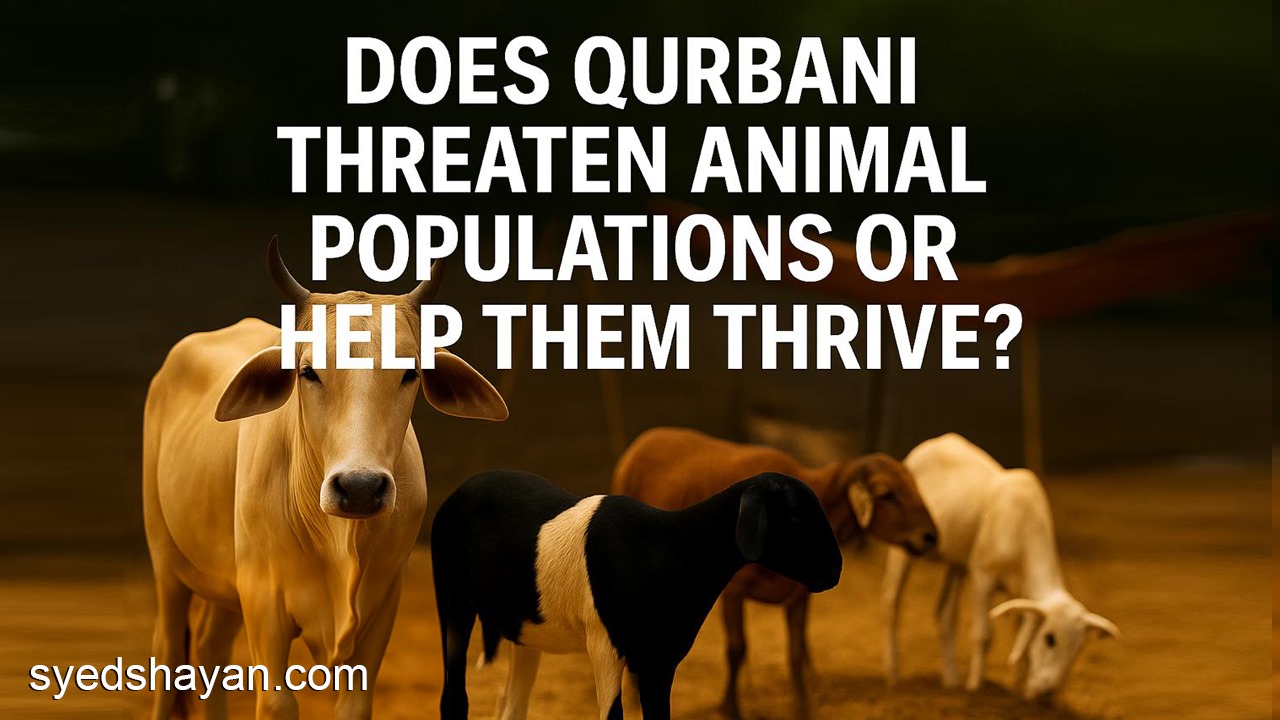
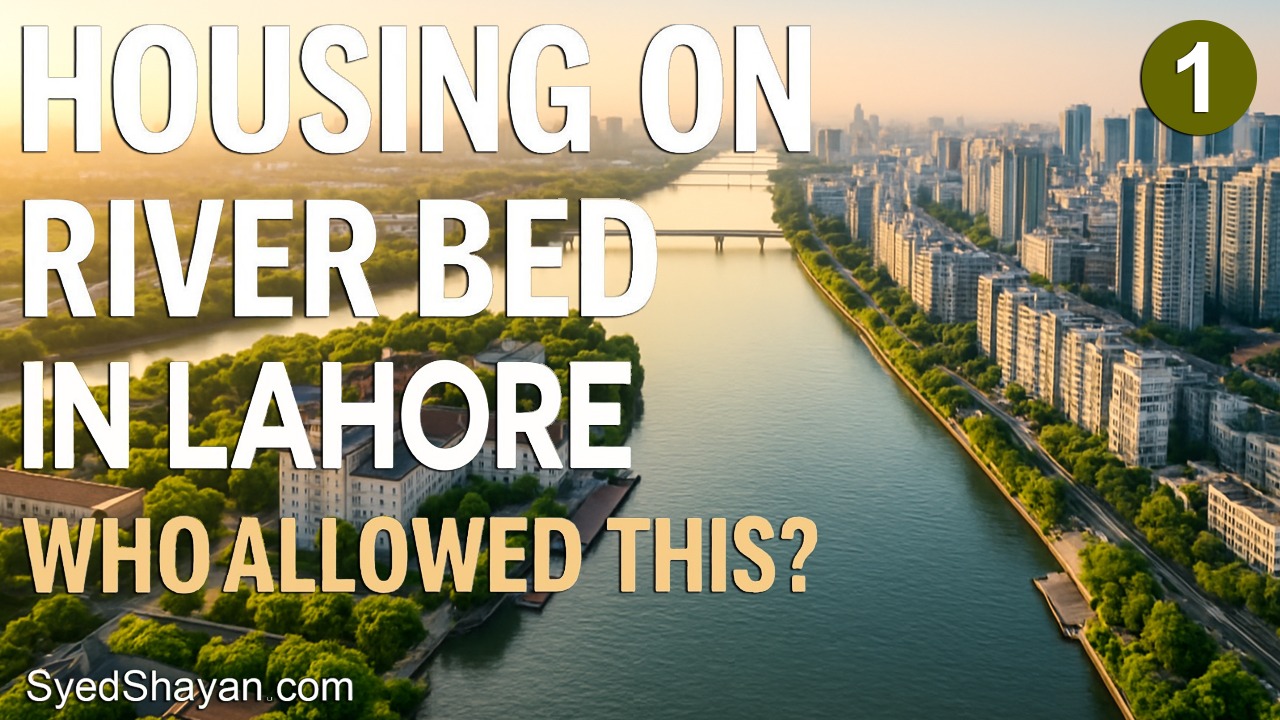
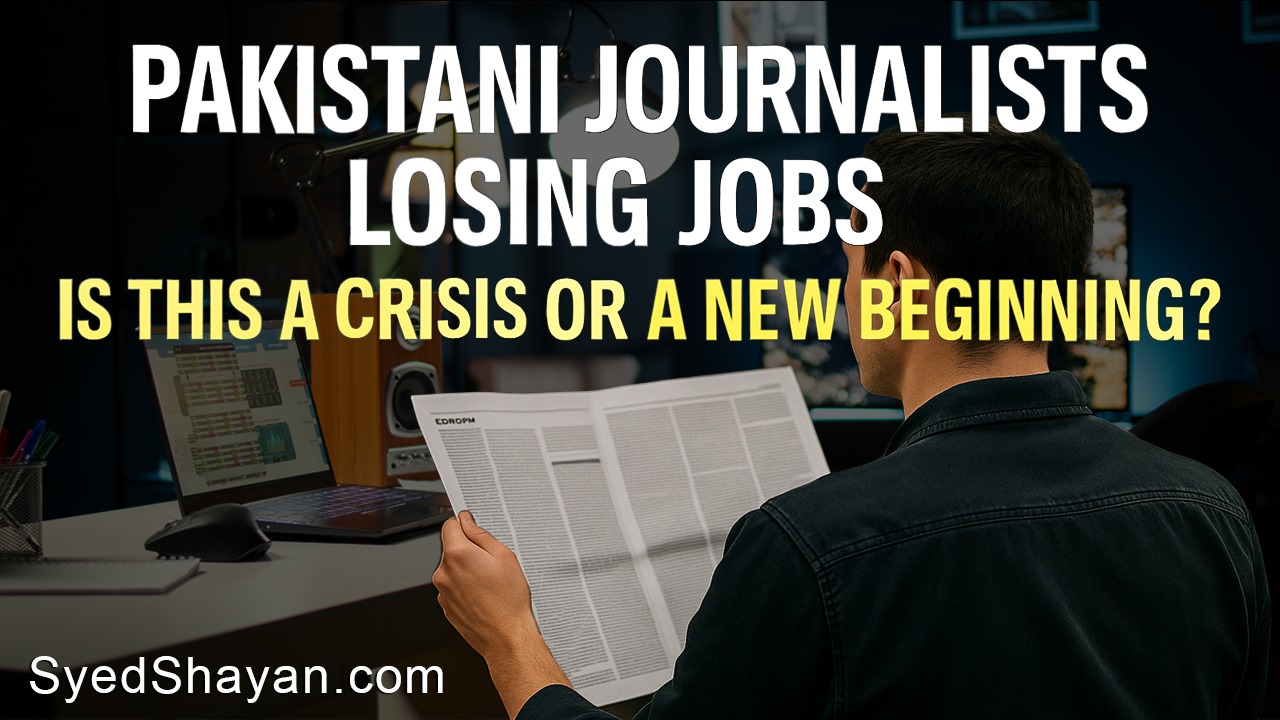


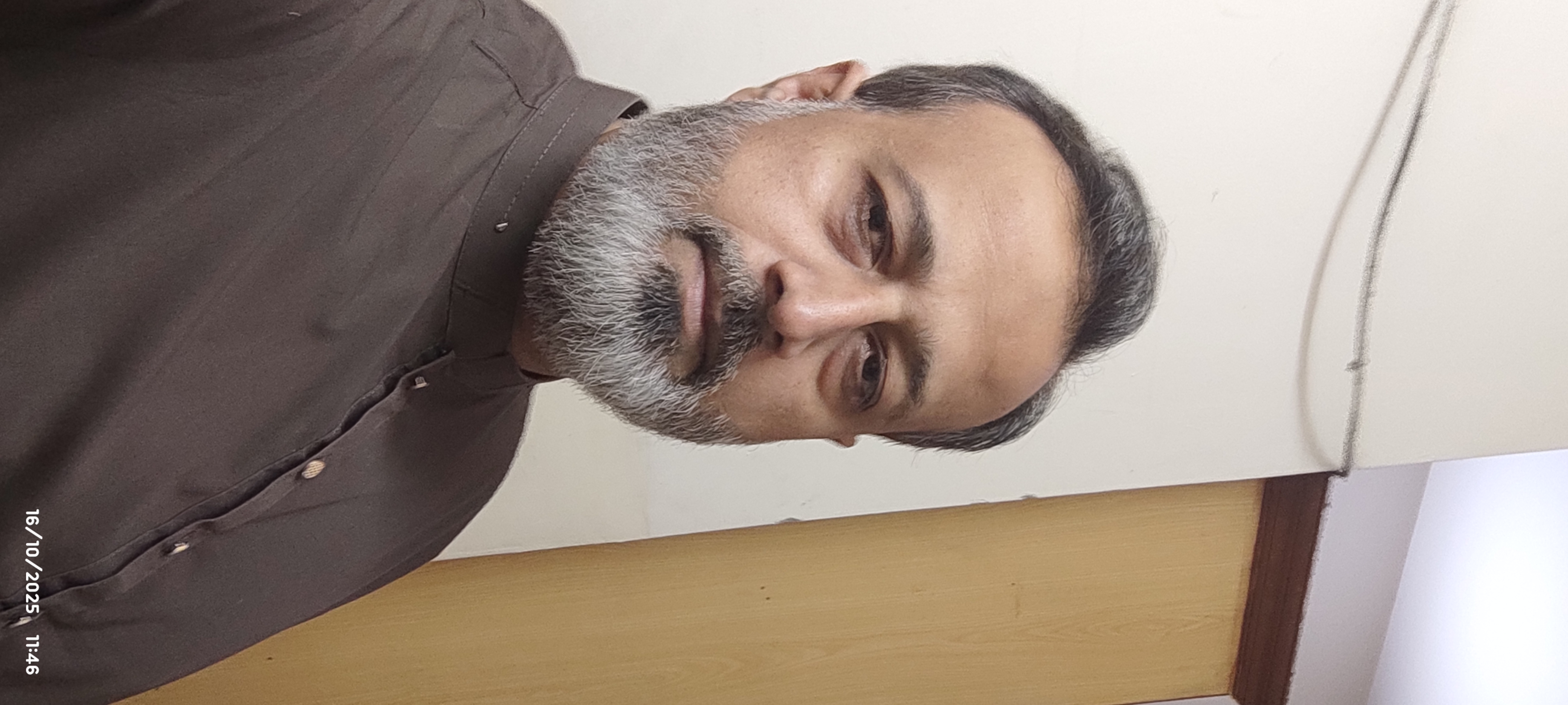







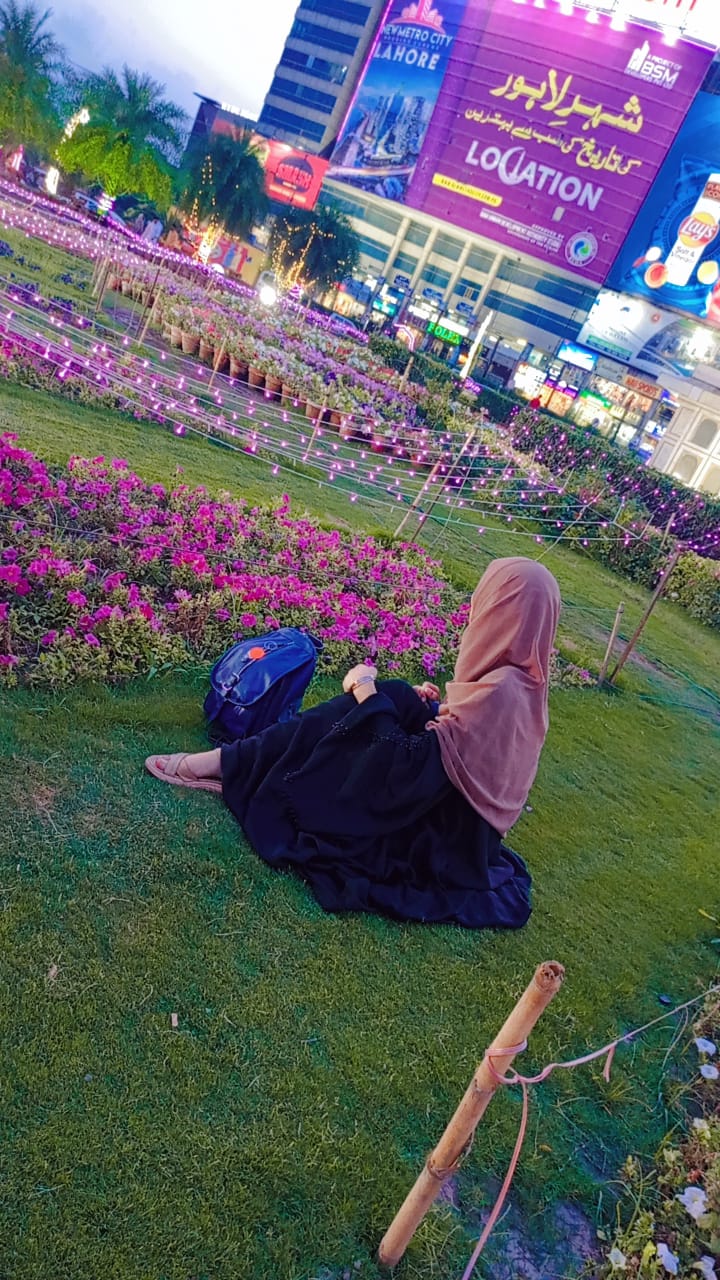
2 Comment
144 Views